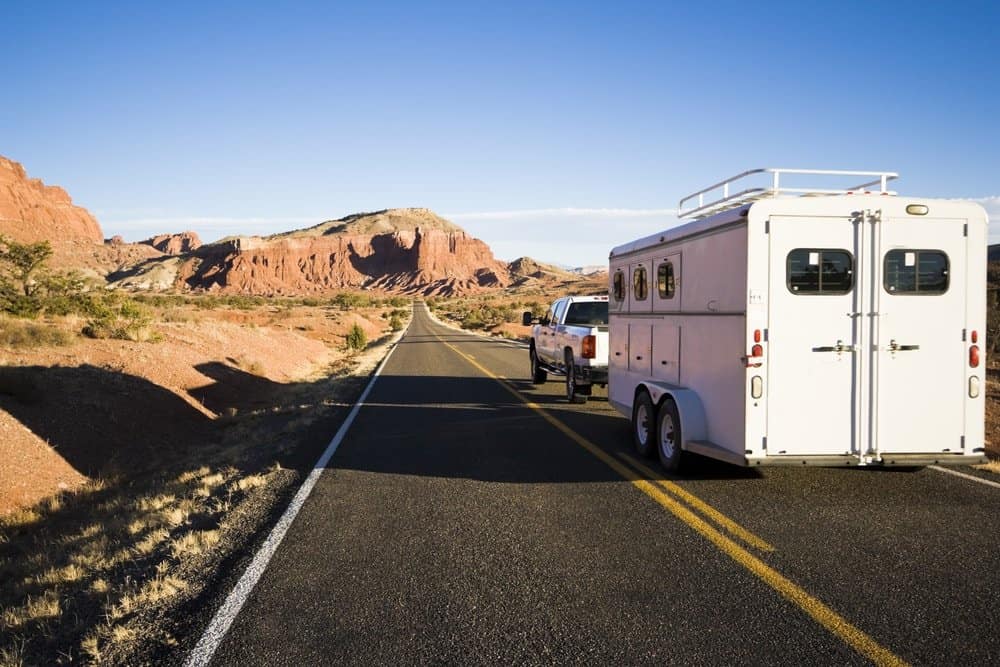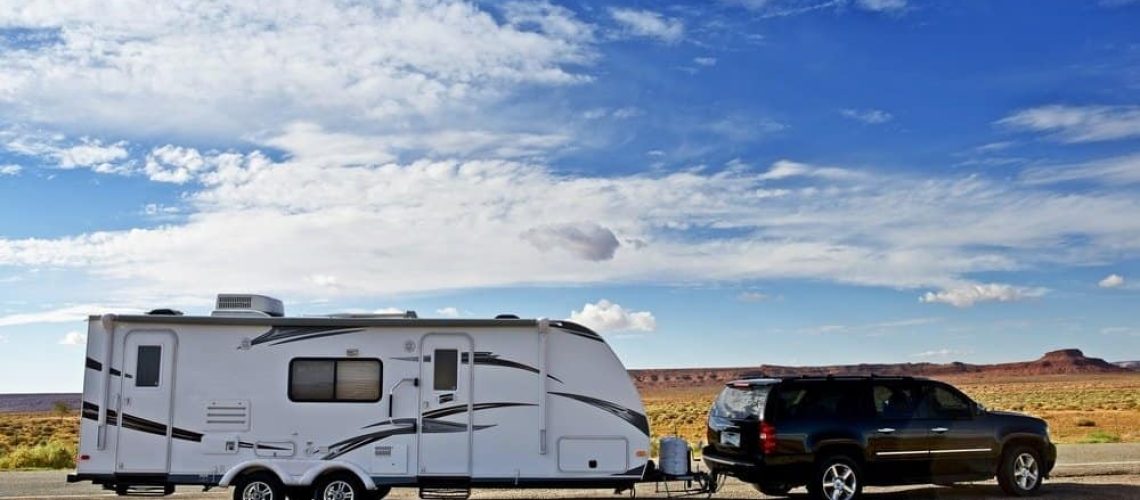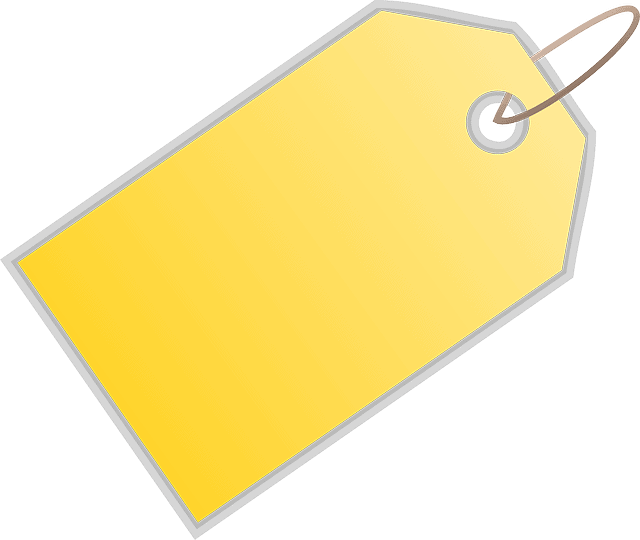Towing a trailer is no easy task. This is something that takes the proper equipment and experience to do safely. If you are interested in learning about towing a trailer, just need to have a reminder about some of the best practices for towing a trailer, or just love to read about towing — you have come to the right place!
The Process Of Towing A Trailer
There is a lot more that goes into towing a trailer than just connecting it to your vehicle and driving away. And it all starts with the hitch. Here are some helpful tips for hitching your trailer.
- Check your rating — Every vehicle has its own towing capacity. You will want to make sure that yours is able to do what you are planning before you do anything else. This information will help you decide what you can and can’t pull and the hitch that you’ll need to do this safely. The numbers that you need are the gross trailer weight and the maximum tongue weight to determine what class of hitch you should use.
- The right hitch — More than likely, you will have a hitch receiver installed. Many of these can be used for multiple hitch sizes — for different sizes of loads. Choosing the largest receiver option will allow you to tow any size load that your vehicle can handle.
- Pick your ball — It is vital that you have the correct size of the ball for the trailer you have. There are typically three ball sizes — 1 7/8 inch, 2 inch, and 2 5/16 inch. The bigger the ball, the more weight it will be able to carry.
- Hooking up the trailer — The tongue jack can raise your trailer so you can get it aligned into position with the ball. Just be sure that the hitch is unlocked before you lower the trailer onto the ball and secure the tongue. Now you can test your hitch by trying to lift the tongue off of the ball. If it comes off, it hasn’t been secured properly or is the wrong size. Get the issue corrected before you begin to drive.
- Attach your lights — Connecting the lights for your trailer should not be too difficult. It’s probably got a color-coded connector to make it nice and easy. When the lights are connected it is a good idea to perfume a brake check to make sure they are working correctly — both brakes and the turn signals.
- Weigh-in — It is recommended that you do a check of how much weight is resting on the hitch. Ideally, it should be about 10 percent of the total weight of the trailer. Measure this with your bathroom scale by placing it under the beam.
- Tie it down — Some loads are going to require using a tarp or other ties to make sure that there are no loose objects with the potential to fall out. When this is completed, double-check the trailer tires to make sure there are no issues with weight distribution. Now you are ready to head out! Or you can check out this article for even more about towing a trailer.

Trailer Towing Tips
Now that you have everything ready, it is time to hit the road. But first, take a look at these tips that can help make your trip easier and safer too.
- Anticipation — Driving errors are the top cause of accidents while towing. The causes are the same that you would expect — driving too fast, following too closely, and just not paying attention as you should.
- Plan your parking — Parking is an underrated part of the towing process. It can be a challenge. If possible, make a plan of where you are going to part your trailer before you leave. This can prevent some major frustrations when you arrive.
- Size matters — The larger the load you are pulling the more you will need to adjust the way that you drive.
- Practice — You may be confident in your driving skills. And that’s a good thing. But if you are a little too confident, that’s when you can get into trouble.
- Turning — With a trailer in tow, be sure to take extra-wide turns. You are driving something that is about two times its normal length.
- Distance — When you have so much additional weight behind you, it will take longer to slow down. So you need to keep a bigger distance between yourself and other vehicles on the road than you normally would.
- Know your limits — No matter what kind of vehicle you are going to use, it is a good idea to check out your owner’s manual to know exactly how much weight you can safely tow. Quite often, owners are surprised to discover just how much weight they can or can’t tow. This includes choosing the correct hitch, gooseneck adapter hitch, and other components of your setup.
- Avoid the jackknife — Maybe the most difficult part of this process is doing anything in reverse. This too takes a lot of practice to master. If you turn too sharp and your trailer can jackknife.
- Slow and steady — When you are towing a trailer, you are going to want to drive a little slower. In fact, you should be sure to stay in the right lane as much as possible.





